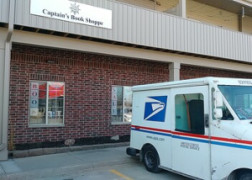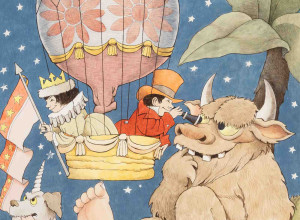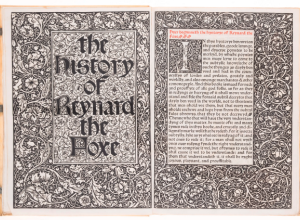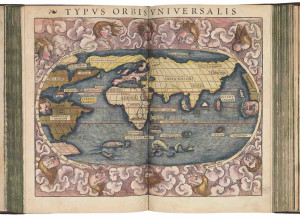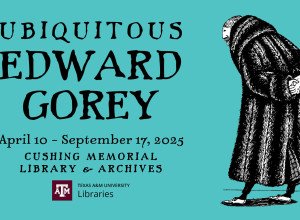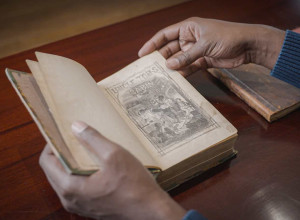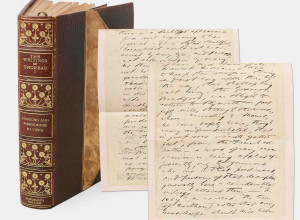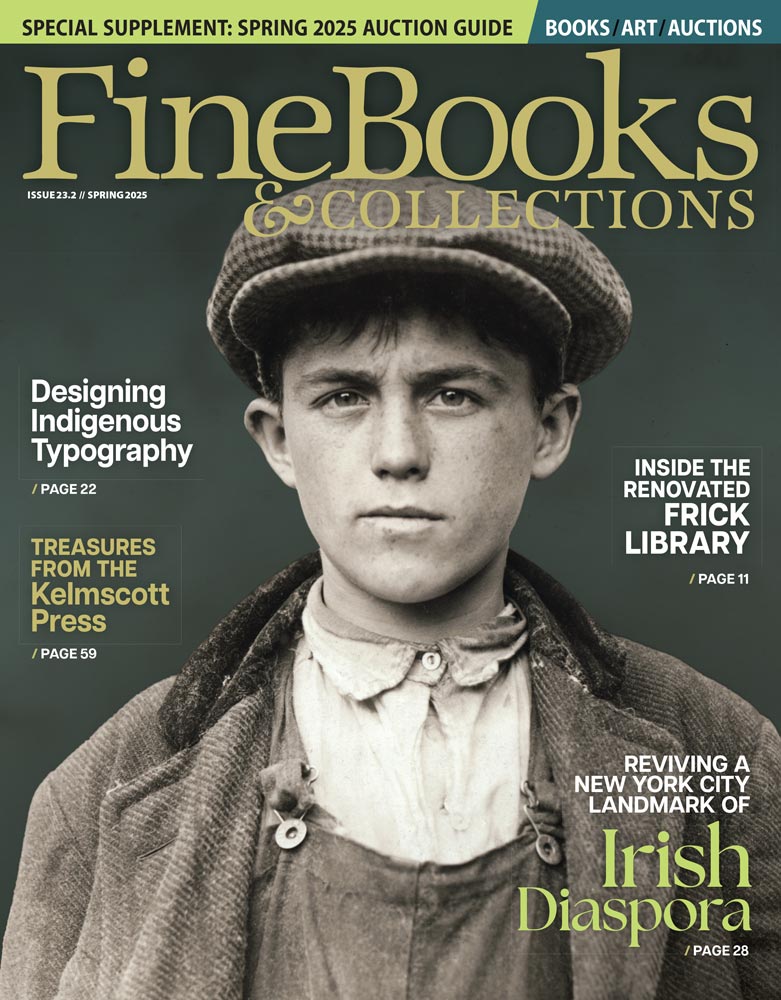January 30, 2013 |
Book Collecting, Trending?
The book blogosphere put forth not one but two articles in the past week on book collecting for beginners (cheers all around). First, Laura Massey at The Cataloguer's Desk: Dispatches from a Rare Book Shop (Peter Harrington in London) presented Book Collecting: Tips for Beginners. She gives advice on how to pick a topic, where to buy, and why condition is important, but also gently reminds us that "Our books will in all likelihood outlast us, so it's many collectors' philosophy that they are paying not for the book itself, but the privilege of preserving it for the next generation." I like that.
Just a few days later, Richard Davies of Abebooks published Book Collecting 101 in Publishers Weekly. He gives much the same advice as Massey regarding investment, discusses some value points, and tells collectors with hyper-modern firsts on their shelves to be patient. He suggests pulp paperbacks, e.g. vintage Penguins, as an inexpensive and fun starter collection.
These two posts brought to mind one I read last month on the blog of Rebecca Romney, the rare book expert on Pawn Stars and manager at Bauman Rare Books, Las Vegas. She posted a Rare Books 101, part I and II. In 101.1, she gets down to basics like, "How can I tell if my book is a first edition," accompanied by useful illustrations. Part II provides more detail into editions, printings, issues, and states. Romney plans a third and fourth part in the series on topics such as, "How much does restoration matter" and "How to store and take care of your rare books."
What else does the Internet have to offer beginning book collectors? One of my personal favorites has always been Your Old Books, published by the Rare Books and Manuscripts Section of the Association of College and Research Libraries. It's a direct Q&A format, with basic questions like, "Are all old books valuable?" Alibris offers "A guide to book collecting in the 21st century," written by the late bookseller Roger Gozdecki. The Antiquarian Booksellers' Association of America has an introduction to book collecting and a set of FAQs.
Last, but certainly not least, we must not forget the comprehensive contributions on these points from The Private Library--where a novice (or an expert) can enjoy hundreds of posts on the how-to of book collecting.
Just a few days later, Richard Davies of Abebooks published Book Collecting 101 in Publishers Weekly. He gives much the same advice as Massey regarding investment, discusses some value points, and tells collectors with hyper-modern firsts on their shelves to be patient. He suggests pulp paperbacks, e.g. vintage Penguins, as an inexpensive and fun starter collection.
These two posts brought to mind one I read last month on the blog of Rebecca Romney, the rare book expert on Pawn Stars and manager at Bauman Rare Books, Las Vegas. She posted a Rare Books 101, part I and II. In 101.1, she gets down to basics like, "How can I tell if my book is a first edition," accompanied by useful illustrations. Part II provides more detail into editions, printings, issues, and states. Romney plans a third and fourth part in the series on topics such as, "How much does restoration matter" and "How to store and take care of your rare books."
What else does the Internet have to offer beginning book collectors? One of my personal favorites has always been Your Old Books, published by the Rare Books and Manuscripts Section of the Association of College and Research Libraries. It's a direct Q&A format, with basic questions like, "Are all old books valuable?" Alibris offers "A guide to book collecting in the 21st century," written by the late bookseller Roger Gozdecki. The Antiquarian Booksellers' Association of America has an introduction to book collecting and a set of FAQs.
Last, but certainly not least, we must not forget the comprehensive contributions on these points from The Private Library--where a novice (or an expert) can enjoy hundreds of posts on the how-to of book collecting.





